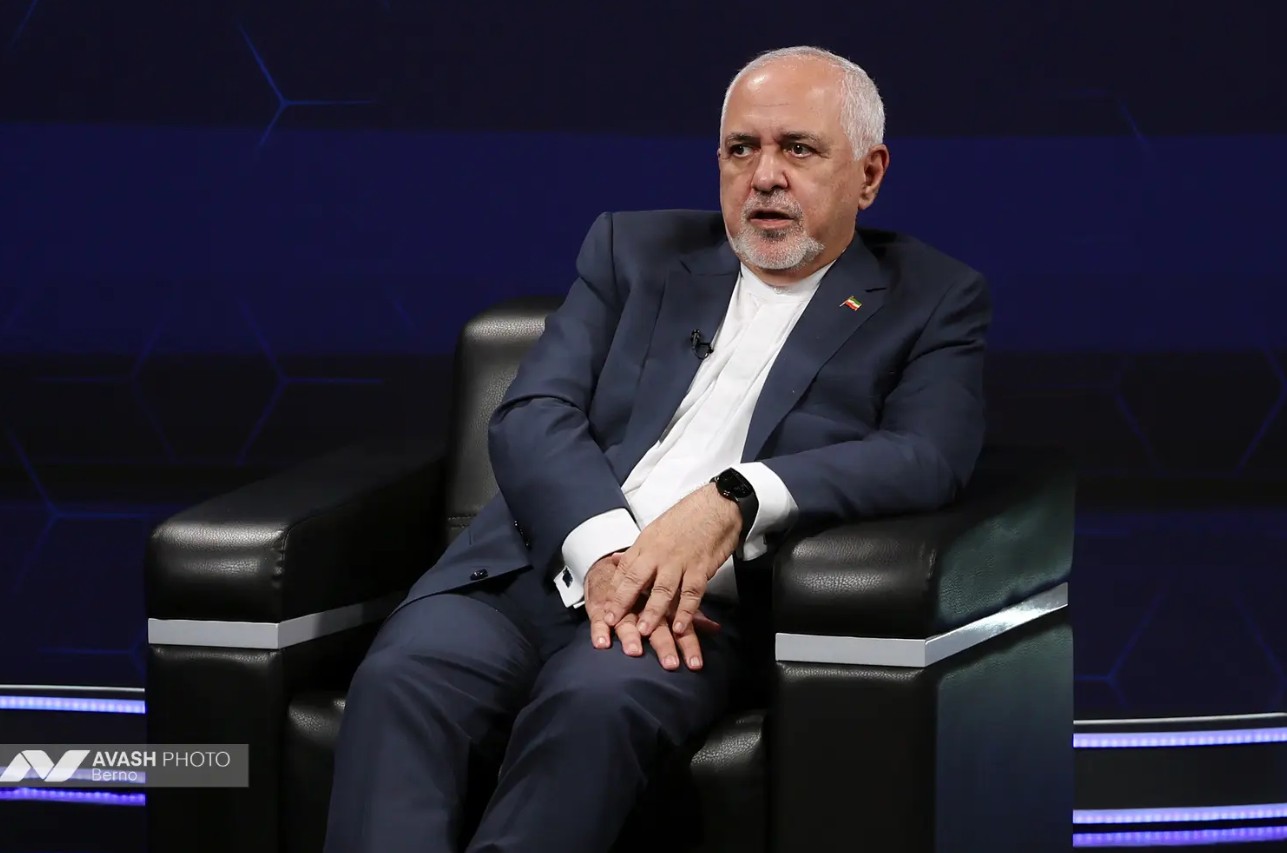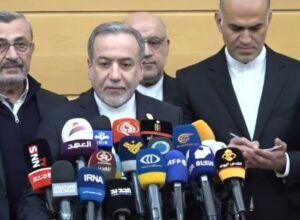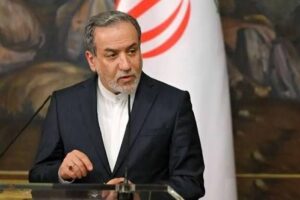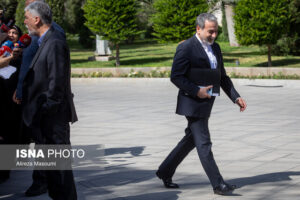He stated:
“The first time I raised this issue was in September 2015, when I wrote a letter to the JCPOA Coordinator—then the EU High Representative for Foreign Affairs and Security Policy—stating that the United States had not yet fulfilled its commitments. I have published all these communications in my book “Letters to the Secretary-General”. In that letter, I warned that if, by the time of the ministerial meeting, licenses for the sale of aircraft—Airbus and Boeing—had not been issued, I would formally initiate Article 36 of the JCPOA at the meeting. Eventually, the licenses were granted, and that process began.
Afterwards, each time the United States took an action in breach of the agreement, we filed a formal complaint. Following the U.S. withdrawal from the JCPOA, we also officially invoked Article 36—specifically in May 2018, when the United States announced its exit. We then entered a year of negotiations. In May 2019, both I and President Rouhani sent letters officially declaring Iran’s initiation of remedial measures under Article 36—namely, a phased reduction of our commitments, exactly as outlined in the JCPOA. We began implementing these steps gradually, stage by stage, as you may recall.”
He continued:
“This was Article 36 in action—what has come to be known as the ‘snapback’ mechanism. In fact, it was Iran that initiated it. We continued this path until January 2020. At the conclusion of our phased reductions, I sent a letter to Ms. Mogherini, stating that from that point onward, Iran would no longer consider itself bound by any limitations on its nuclear program—but still strictly within the framework of the JCPOA. We did not breach the agreement; these were lawful remedial measures under its provisions.
In response, the Europeans sent a letter to the new EU High Representative, Mr. Josep Borrell, indicating their intention to initiate Article 36. Mr. Borrell, who lacked prior familiarity with the issue, was unfortunately misled by the Europeans and sent us a letter claiming that Europe had activated Article 36. I replied to him in writing, making it clear that Europe has no such right—because Iran had already initiated the process.

Europe is not entitled to take countermeasures against Iran’s remedial measures. Our actions were in response to the violations committed by both the United States and Europe. In our correspondence, we even cited specific breaches by the Europeans themselves.
After our steps, Russia and China also expressed their support for our position in various ways. Mr. Borrell then made the decision to halt the process, and consequently, it was not pursued further.
In contrast, in response to our complaints, two ministerial meetings were convened following our letters. Although our grievances were not upheld, our process was formally recorded and documented—each step, one by one—in Letters to the Secretary-General. We continued along this path.”
Dr. Zarif went on to describe the U.S. attempt to reinstate Security Council resolutions:
“In the meantime, the United States tried to revive the Security Council resolutions—what it referred to as a ‘snapback.’ It failed twice in the Security Council, suffering a 13–2 defeat, and again in the General Assembly, where it lost 110 to 10. Then, through procedural maneuvering, they tried to pursue the issue elsewhere—and where? The Fifth Committee, which deals with the UN budget. The U.S. contributes over 20 percent of the UN’s budget, and that committee is essentially the appropriations body. Yet even there, where countries are typically reluctant to oppose the U.S. due to financial dependence, Washington was defeated again—110 to 10.
Given all these efforts, I can confidently say that during the time I was responsible for this file, I did not allow that process to succeed.”







